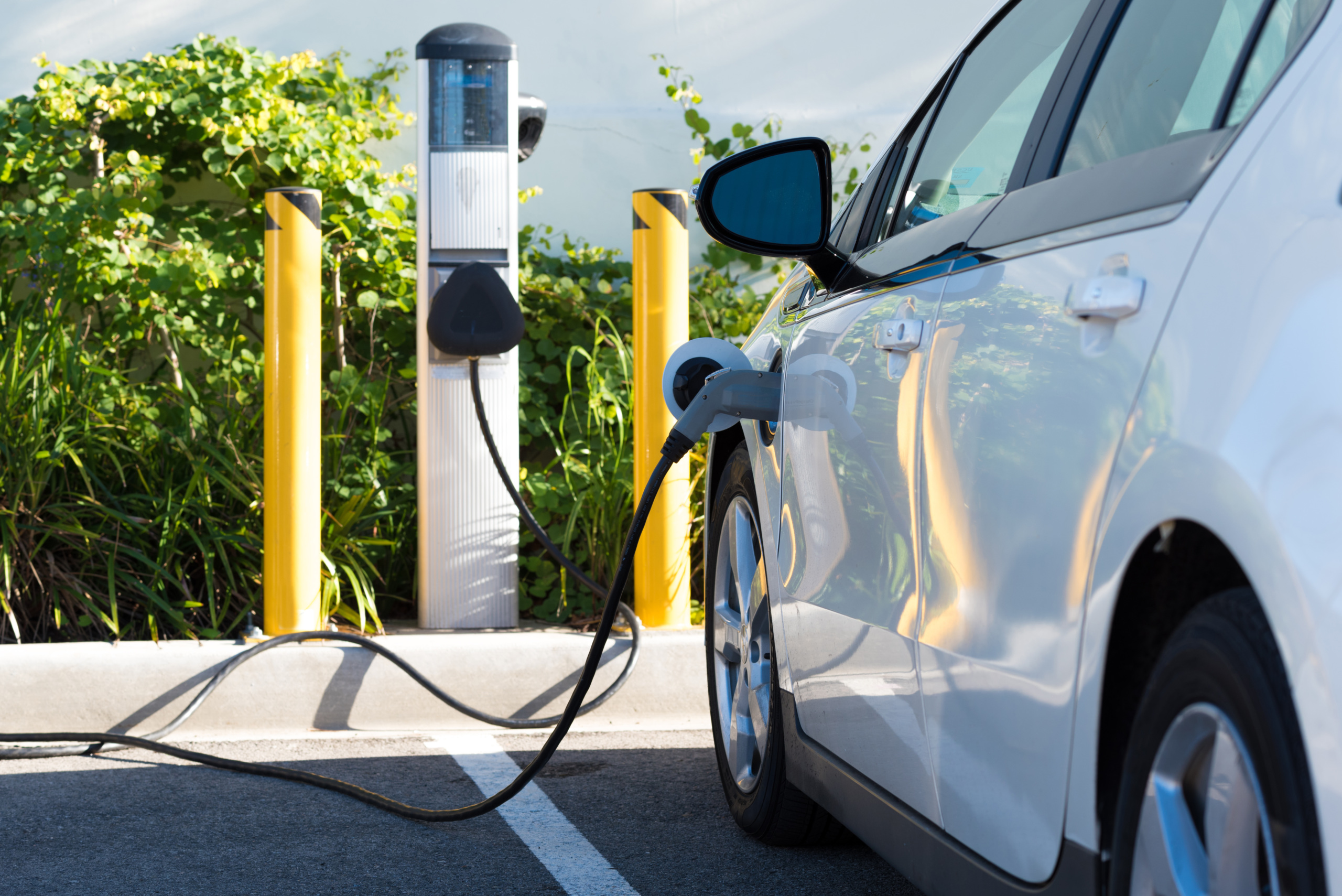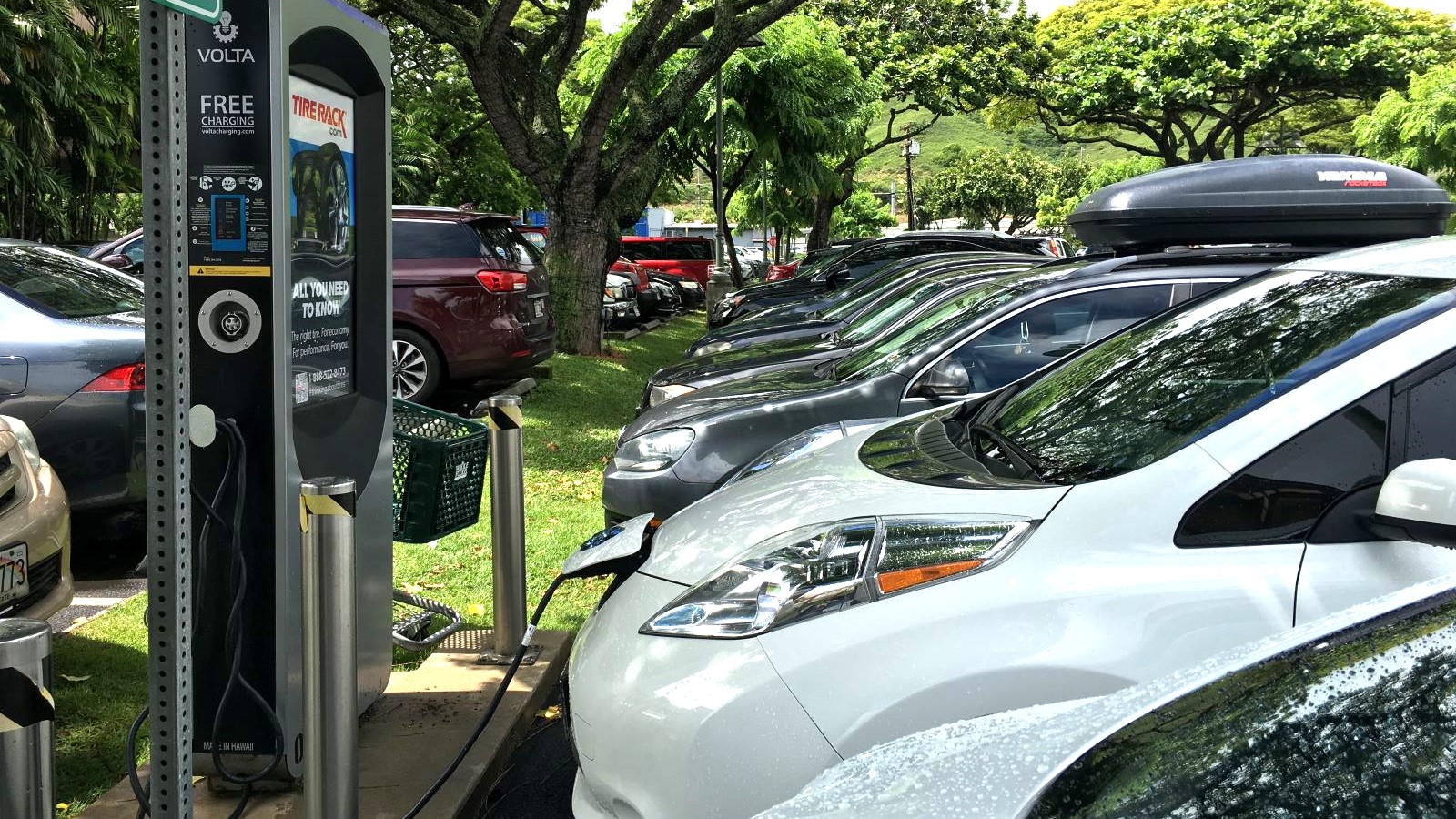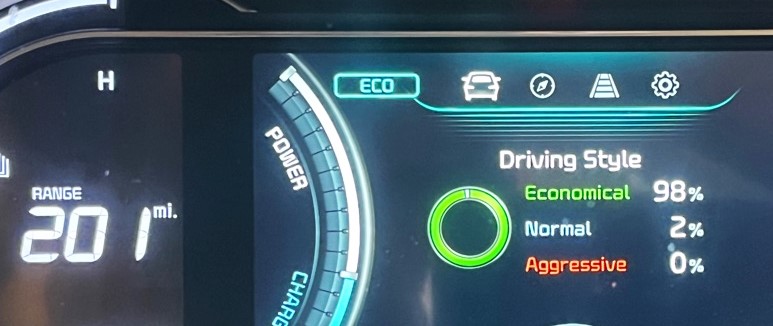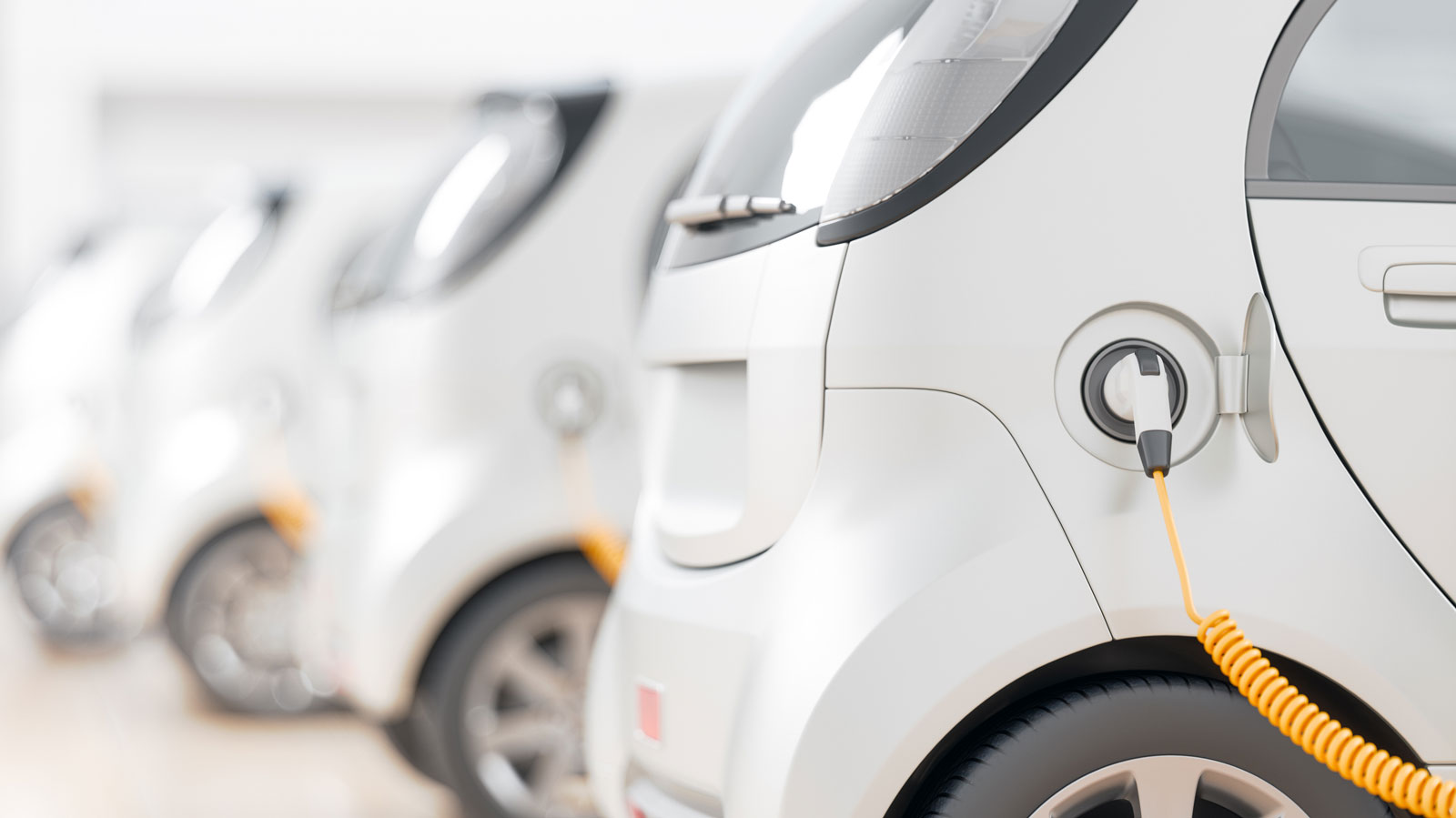How federal tax credits can help you get an electric vehicle
In this video, experts explain how new federal clean energy tax credits passed under the Inflation Reduction Act and how they can help you get an electric vehicle.

In this session facilitated by MacKenzie Brown of Environment America Research & Policy Center, Ingrid Malmgrem of Plug In America explains the ins and outs of federal tax credits for electric vehicles.
Things to keep in mind:
- This guidance is from FS-2022-41, published Dec. 29, 2022. To find this guidance, Google search for “treasury clean vehicle provisions.”
- Additional guidance can be found through the Department of the Treasury’s press release.
- This information is our best interpretation of the IRS guidance. We do not guarantee its accuracy or that what we share will ensure that a consumer will be eligible for any tax benefit. We recommend that you consult a tax advisor or legal counsel.
Electric vehicles
These tax credits apply to fuel-cell vehicles and electric vehicles. In this overview, we’re just going to focus on electric vehicles.
An electric vehicle is a vehicle with a battery and a plug which can be charged by an external source of electricity. There are two types:
- Battery electric vehicle (BEV) is all electric — there’s no gas and no internal combustion engine.
- Plug-in hybrid electric vehicle (PHEV) has a gasoline engine plus an electric motor and can be externally charged. It typically runs on the electric battery for a certain number of miles and then switches over to a range-extending gasoline engine.
If you own either of these electric vehicles, you may qualify for the clean vehicle tax credits if you meet the criteria below.
Rules that apply across the board to be able to take advantage of of these incentives:
- One credit per vehicle
- Taxpayer must include VIN on tax return
- Must be made by a Qualified Manufacturer
- Cannot be acquired for resale
- Must have GVWR of under 14,000 pounds (except 45W)
- Must be propelled by an electric motor which draws power from a battery of at least 7wkh and be able to charge from an external source of electricity (except 45W)
- Must be manufactured for use on public streets and have at least four wheels (except 45W)
What are the clean vehicle tax credits?
There are three different types of clean vehicle tax credits that went into effect at the beginning of this year and have been updated with recent guidance from the IRS released in March. The tax credits apply to new, used and commercial vehicles.
Key takeaways
- Want to buy a new eligible vehicle? Do it now.
- Leasing can be a great option with fewer vehicle restrictions, but don’t assume the tax credit will automatically be passed on. Ask the dealer.
- The used clean vehicle tax credit has fewer limitations, so if you meet the income limits and cost cap, this may be a great opportunity.
- Check the IRS website for vehicle eligibility requirements before purchasing new.
Reminder: We are not accountants or attorneys. To ensure you are eligible for the tax credit, you should consult a tax professional.
Helpful resources
- IRS Manufacturers and Models page
- VIN decoder for vehicle build location information from Dept. of Energy
- Plug In America Tax Credit resource page
- PlugStar.com — includes state and federal incentives
- Plug In America EV Support Program – call 877-EV-HELP-1 (877-384-3571)

Used electric vehicle buyer’s guide
Topics
Authors
Johanna Neumann
Senior Director, Campaign for 100% Renewable Energy, Environment America Research & Policy Center
Johanna directs strategy and staff for Environment America's energy campaigns at the local, state and national level. In her prior positions, she led the campaign to ban smoking in all Maryland workplaces, helped stop the construction of a new nuclear reactor on the shores of the Chesapeake Bay and helped build the support necessary to pass the EmPOWER Maryland Act, which set a goal of reducing the state’s per capita electricity use by 15 percent. She also currently serves on the board of Community Action Works. Johanna lives in Amherst, Massachusetts, with her family, where she enjoys growing dahlias, biking and the occasional game of goaltimate.
Matt Casale
Former Director, Environment Campaigns, PIRG
Find Out More

Electric vehicles are good. We can make them better.

Electric Vehicles Save Money for Government Fleets

Green schools guide


